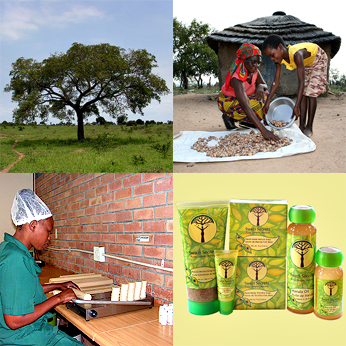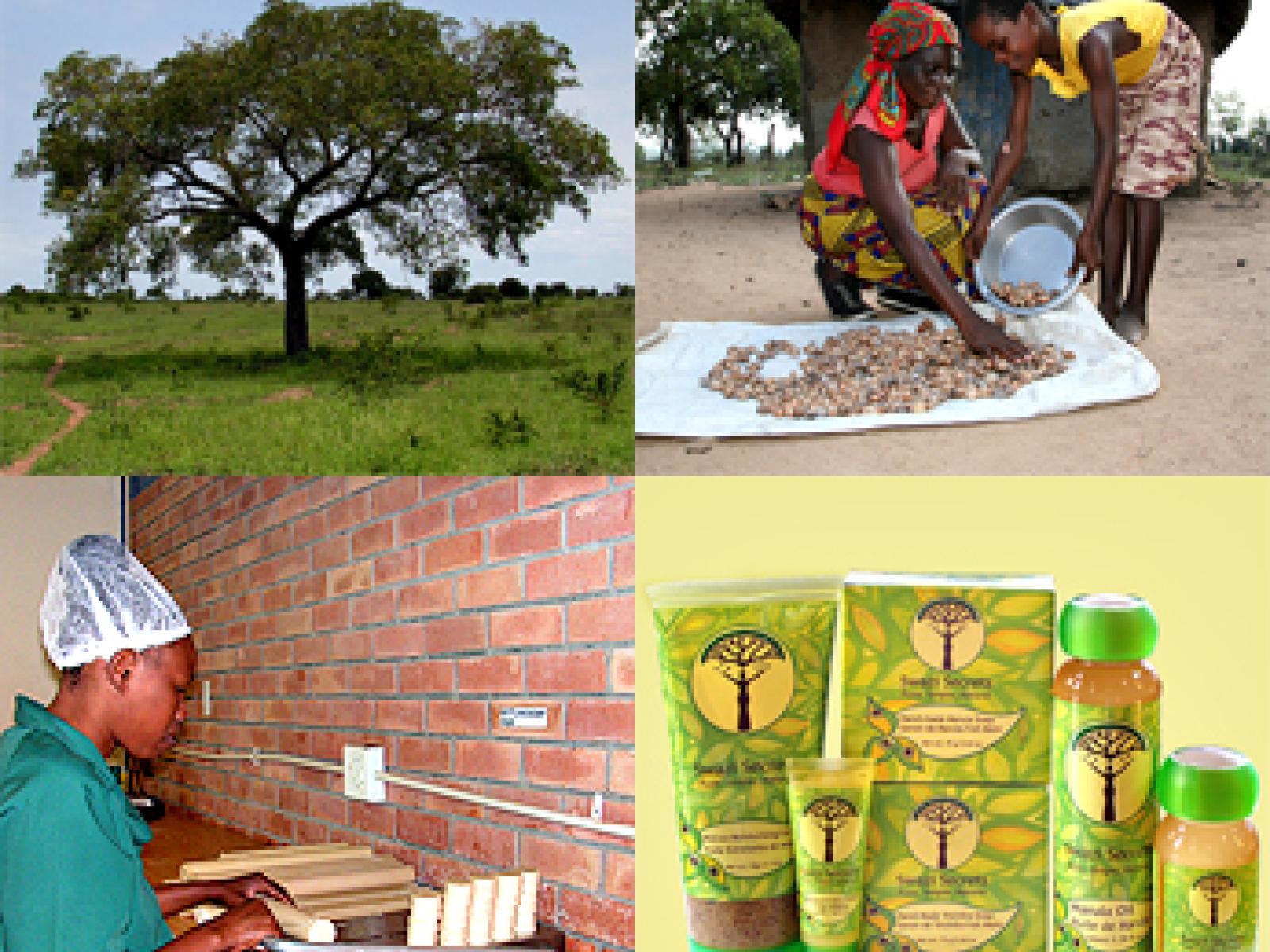An Overview Of Our Solution
- Population Impacted:
- Continent: Africa
Organization type
Population impacted
Size of agricultural area
Production quantity
People employed
Describe your solution
Describe your implementation
External connections
What is the environmental or ecological challenge you are targeting with your solution?
Describe the context in which you are operating
Please include facts/figures where possible. (Where relevant, include information about social/community factors, water, food security, nutrition, and/or economic and sustainable development.) (1500 characters max.)
Economically: 98% of SIP’s suppliers/members are women, Selling seed kernels provides them with a generally independent income which brings with it a degree of economic power and a greater role in family decision making. SIP operates in drought-prone, poverty-stricken areas, and provides an income opportunity for rural women for 6 months of the year which enables them to pay for food, school fees, health care and to invest in micro-enterprises ( 65 Self-Help Groups)
Socially: The opportunity to take on positions of responsibility, whether at Board level or as an Field Co ordinator, has enabled many members to raise their status both within their local community and within their region.
To preserve the natural resources that the rural households depend on, Swazi Secrets addresses sustainable harvesting volumes and methods, tree-planting, environmental and organic training, environmental footprint of factory operations etc.The global recession and the increasingly unprofitable nature of bulk oil sales led to move away from selling bulk oil and seek long term financial viability through the development of the Swazi Secrets range as a global brand, 100% manufactured by SIP.
How did you impact natural resource use and greenhouse gas emissions?
Language(s)
Social/Community
Water
Food Security/Nutrition
Economic/Sustainable Development
Climate
Sustainability
At the beginning the project will depend on grant funding or any Investment by partners. Thereafter, the sales will generate revenues which will sustain the project.
Return on investment
Entrant Image

Entrant Banner Image

